Don’t worry, humans: the systems of artificial intelligence they are not yet conquering the world. They can’t even appear as US patent inventors. The federal judge of the United States Leonie Brikema has in fact established this week that an Artificial Intelligence cannot be listed as an inventor on a US patent under current law.
The case was brought forward by Stephen Thaler, which is part of the Artificial Inventor Project, an international initiative that argues that an artificial intelligence should be able to be entered as an inventor in a patent (the owner of the artificial intelligence would legally own the patent).
An Artificial Intelligence cannot be the inventor of a patent because it is not a person
Thaler is suing theUnited States Patent and Trademark Office after he had denied his patent applications because he had entered the artificial intelligence named DABUS as the inventor of a new type of flashing light and a drink container. In various replies over several months, the Patent Office explained to Thaler that a machine does not qualify as an inventor because it is not a person. In fact, the machine is a tool used by people to create inventions, the agency said.
Brikema ruled that the Patent Office correctly enforced the nation’s patent laws. He also stressed that basically it all boils down to the daily use of language. In the latest revision of the nation’s patent law in 2011, Congress explicitly defined an inventor as an “individual.” The Patent Act also refers to an inventor using words like “himself” and “herself”.
“By using personal pronouns such as ‘himself’ and the verb ‘believes’, Congress was clearly referring to a natural person.” Brikema said in his sentence, which can be read in full in The Verge.
The judge also dismissed Thaler’s claim that the Patent Office needed to provide evidence that Congress did not want to bar AI systems from being inventors. Brikema further said that the nature of an inventor has already been examined by federal courts, which have ruled that neither companies nor states can claim to be inventors on a patent.
The group will appeal
For his part, Thaler also tried to argue that the court should respect the intent of Congress to create a system that “encourages innovation.” “Allowing patents for AI-generated inventions will result in more innovation. It will incentivize the development of artificial intelligence that can produce patentable results while making them more valuable. ”Said Thaler.
However, Thaler had no luck with that topic either. Brikema said these were political considerations and therefore need to be addressed by Congress, not the courts.
Ryan Abbott, a law professor who oversees the Artificial Inventor Project, told Bloomberg that the group will appeal. Although Brikema squashed all of the project’s arguments, he didn’t say that an AI could never be listed as an inventor.






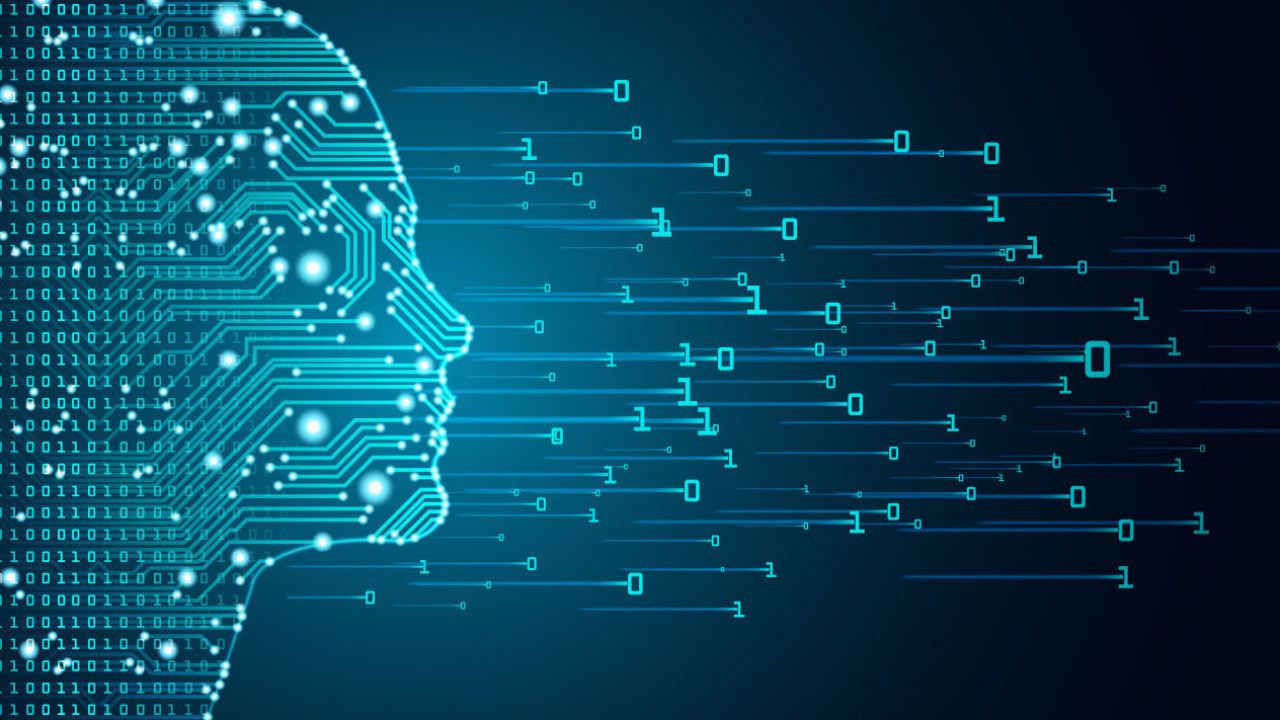

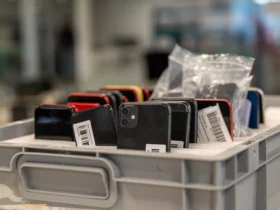
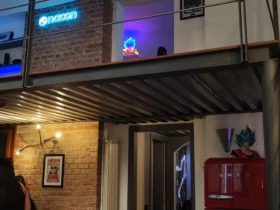



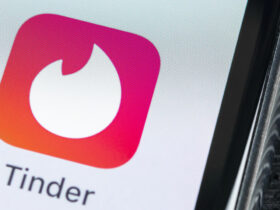
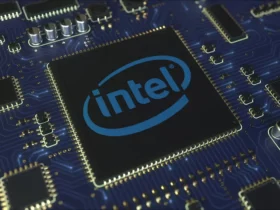
Leave a Reply
View Comments